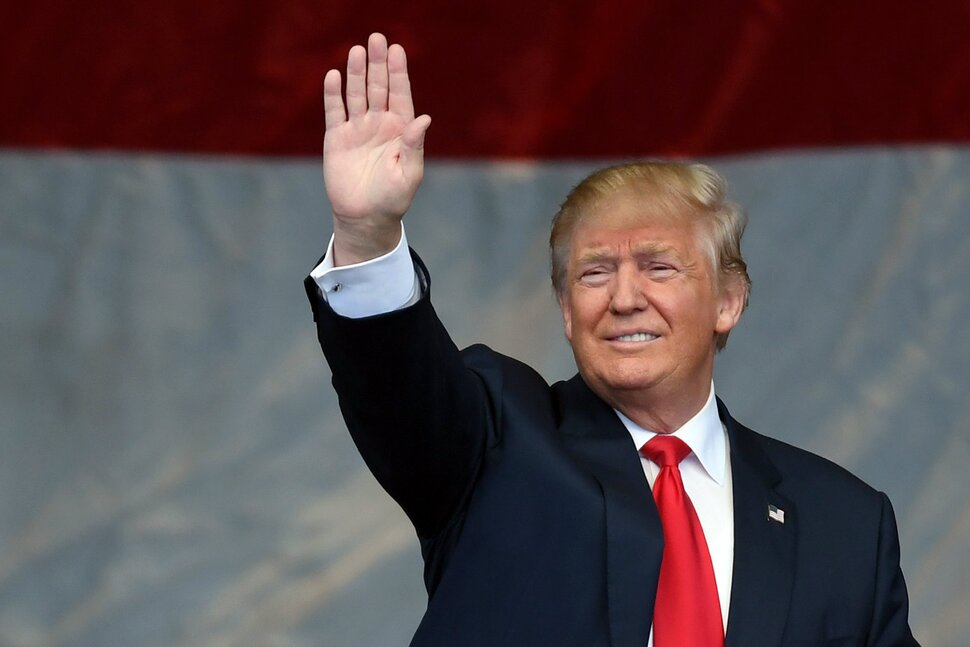The landscape of cryptocurrency regulation is undergoing a significant transformation, spurred by recent decisions from the Trump administration. In a notable shift away from stringent enforcement, the administration has dismantled the National Cryptocurrency Enforcement Team (NCET), a body originally formed to address illegal activities associated with digital currencies. This development could have far-reaching implications for both the cryptocurrency community and regulatory practices in the United States.
Implications for Regulation and Enforcement
Established during Joe Biden’s presidency, the NCET aimed to tackle financial crimes within the crypto sphere, such as money laundering and other illicit activities. Since its inception in October 2021, the task force has reportedly taken robust measures against various cryptocurrency companies, indicating the administration’s commitment to oversight in this rapidly evolving sector.
However, as outlined in an internal memo from Todd Blanche, the deputy attorney general and former attorney for Trump, the current administration argues that oversight of digital assets should not fall under the jurisdiction of the Department of Justice. Blanche criticized the previous administration’s approach as a “reckless strategy of regulation by prosecution,” signalling a desire for more market-friendly policies moving forward.
Trump’s Support for Cryptocurrency
The decision to disband the NCET showcases Trump’s emerging role as a champion of cryptocurrency. His increasing involvement in the crypto industry includes the launch of his own memecoin, the TRUMP token, further solidifying his connection to the sector. Additionally, Trump has links to the decentralized finance (DeFi) platform World Liberty Finance, highlighting his commitment to integrating digital currencies into his political and financial strategies.
A Broader Trend in Cryptocurrency Regulation
This pivot in regulatory strategy reflects a broader trend within the American political sphere, where cryptocurrency is gaining traction as a legitimate financial asset. By easing enforcement efforts, the Republican administration may encourage innovation and investment in the crypto sector. This approach could help the U. S. maintain a competitive edge in the global digital economy, especially as other nations explore their own regulatory frameworks. Moreover, businesses in the cryptocurrency space may find greater clarity and stability in this environment, potentially attracting more startups and capital influx. As industry players adapt to these favorable conditions, discussions around Trump’s new crypto policies explained will likely emerge, outlining the impact of these changes on market dynamics. Ultimately, a balanced regulatory framework may position the U. as a leader in the global crypto landscape, fostering both innovation and consumer protection.
As the community reacts to this new direction, stakeholders will need to navigate the evolving landscape of cryptocurrency with a keen awareness of the implications for compliance and market dynamics. Advocates for crypto innovation will likely welcome this shift, while those who prioritize consumer protection may urge vigilance in the absence of a dedicated enforcement team.
Looking Forward
The dismantling of the NCET is poised to reshape the conversation around cryptocurrency regulation in America. As Trump continues to champion digital currencies, it remains to be seen how this new approach will affect the broader financial ecosystem and its participants. The next steps taken by the administration and the reactions from the cryptocurrency community will be crucial in determining the future of digital currency regulation in the U.S.



